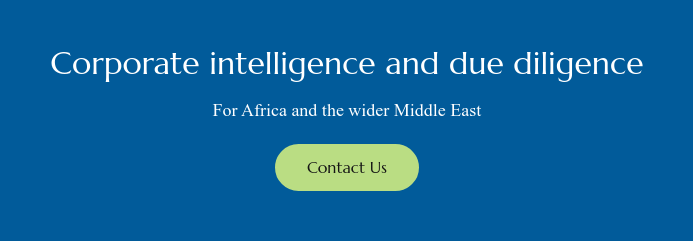Boom or bust? What is really going on with Egypt’s economy?
Read moreThe politics and economics behind Egypt’s new capital project
What and who is a capital city for? At once home to the administrative machinery of a sovereign government and seat of political authority, capitals also serve as a symbol of national identity – at best unifying a population as a source of national pride while acting as a country’s advertisement to the wider world. That is why leaders throughout history have constructed specially planned cities to serve as the central hub of their nations. Beginning with the Roman emperor Constantine’s eponymous Constantinople, now Istanbul, on the site of the ancient city of Byzantium (and later replaced as capital of Turkey by Ankara), more recent examples include Islamabad (1960), Abuja (1991) and Astana (1998). The latest addition to this series will be the as yet unnamed new capital of Egypt.
World class ambitions
The decision to create a new capital in Egypt was taken in 2015, with the new city to be situated a mere 28 miles from Cairo. Spanning 700 square kilometres (270 square miles), the new capital is projected to be as large as New York City, and will include a central park, artificial lakes, a technology and innovation park, a stadium capable of accommodating 90,000 people, a mosque capable of hosting more than 100,000 worshippers, and a theme park four times the size of Disneyland. An electric railway connecting the new capital with Cairo is also in the works. On completion in 2050, the city is anticipated to be home to 6.5 million residents.
Since its conception, the project has come to symbolise the Egyptian government's aspiration for a world-class capital that is free from congestion and chaos. While the official rationale for the project is to alleviate overcrowding in Cairo, strong support from Egypt’s president Abdel Fattah el-Sisi suggests there are clear political motivations behind this endeavour. As a ruler who seized power through a coup d'état, some are seeing this as el-Sisi’s bid for legitimacy. In Egyptian politics, it is customary to name cities, buildings, roads, and bridges after rulers…but it is not yet clear which leader will be accorded the honour of giving the new capital a name.
Secure by design
With memories of the tumultuous Arab Spring still fresh, security is also a key issue driving the development of the new capital. The city’s masterplan has been specifically designed to restrict public demonstrations against the government, and the entire urban area will be monitored by sophisticated electronic surveillance systems, including 6,000 cameras watching the streets. The new centre is strategically positioned at a considerable distance from prominent public areas like Tahrir Square, which have historically served as gathering points for Egyptians to express their concerns and grievances. That the entire project falls under the auspices of the Ministry of Defence underscores the centrality of security to the new city.
Economic dividends
Over and above the security and political aspects of the project, the construction of the new administrative capital also presents sizeable economic opportunities for Egyptian businesses. With an estimated cost of US $59 billion1, the project will require significant resources such as construction materials and equipment, technology, security systems, and, most importantly, workforce. This presents a chance to generate much-needed employment and revitalise core businesses in Egypt.
Initially, a private real estate investment firm called Capital City Partners, led by Emirati businessman Mohamed Alabbar, was to be responsible for building the city. However, in September 2015, Egypt cancelled the agreement they had with Alabbar because no significant progress had been made. Egypt has since signed a new agreement with China State Construction Engineering Corporation (CSCEC) to examine the construction and financing of the administrative section of the new capital.
Local companies are also involved in the construction process. For instance, Talaat Mustafa Group, one of Egypt's major construction companies, has already begun work on ‘Noor City’, an eco-friendly, smart city project within the new administrative city. Arab Contractors Co., also known as Osman Ahmed Osman Co., is also about to finish the new parliament building, which has so far required 16.5 million work hours2 from 6,400 workers and 300 engineers. These projects incentivise private sector support for the government while also generating substantial tax revenues. Noor City alone is projected to yield around US $7 billion in tax revenue3.
Outlook
As Egypt’s new capital takes shape, we return to part of our initial question: who is it for exactly? Whilst the overtly political project will undoubtedly benefit Abdel Fattah el-Sisi and the Egyptian regime, it is also clear that large Egyptian contracting companies will benefit – along with China, which is seeking to strengthen its influence in Egypt. But with an average price of US$14,000 per square metre for residential apartments in a country with an average GDP of US$3,500 per capita, the potential advantages this project holds for the majority of Egyptian citizens remain uncertain. Will its new capital prove to be Egypt’s proud advertisement to the wider world?
FOOTNOTES
-
The New York Times: A new capital worthy of the pharaohs rises in Egypt, but at what price?
-
The Arab Contractors: Egypt witness a huge construction boom - the centre of which is the New Administrative Capital
- Aljazeera: Why is Egypt building a new capital?

